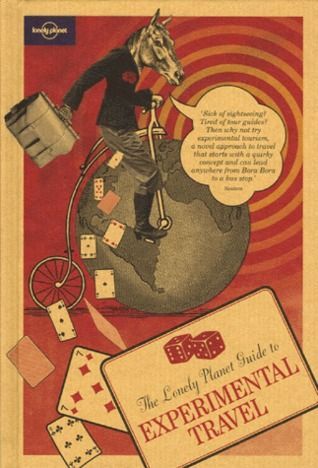To celebrate the annual Pi Day, and in the good tradition of geeky music by scientists, I would like to draw your attention to the American Pi Song (lyrics are found here), best listened to at 1:59 PM today.
Nature News this week reports that Seven US-educated scientists working at the Max Planck Society's institutes are facing criminal charges for impersonating a doctor. This extremely embarrassing story is fortunately no longer possible. The German Kultusministerkonferenz decided on March 6 (text in German) to allow U.S. PhDs to call themselves Dr. in Germany. Until this story evolved, I didn't even know that this is an issue.
You have finished all the experiments and are in the middle of writing that wonderful manuscript that will change not only the field you are working in but also your personal career. But then you encounter all these complicated issues related to paper writing, including duplicate publications, joint first authors, multi-authored papers and paper rejections.

Today is World Book Day, at least in the United Kingdom. So I wanted to join my fellow NN Bloggers in our newest SynchroBlogging effort and wrote this post about science and books. I decided to write about the last book I bought – which was yesterday.
Posters are an important tool to communicate your research findings to a larger audience. The format is different from oral presentations or full papers, and special rules for a good poster apply. Posters can be an important step before a full publication, although many posters will never be peer-reviewed and published. The problem with posters is that they are second class citizens to oral presentations in most meetings.
Donald Kennedy, the edior-in-chief of Science, yesterday wrote an editorial about a legal dispute between the New England Journal of Medicine and the drug company Pfizer. Pfizer wants the NEJM to provide the reviewer comments on submitted papers about the two Pfizer products celecoxib (Celebrex) and valdecoxib (Bextra). Both drugs are used to treat pain and belong to the COX-2 inhibitor class of drugs.
There are many reasons to list all your publications online. Maybe you are looking for a new job or want to attract students to start their PhD in your lab. Usually you find this information on the home page of your laboratory or department, but several tools can automate this process.Nature Network You can list your publications in your Nature Network profile. Simply add the DOI or Pubmed ID in the form provided.
A Nature News article last week talked about the confusion that happens if a number of authors have the same or similar names (Scientific publishing: Identity crisis). This is apparently a special issue in China because of the difficulties transliterating Chinese characters into English and the use of only a limited number of surnames.
Nature Network turns one year old today and it's time to celebrate. We already have a number of interesting – and entertaining – birthday celebrations. I want to contribute with my personal experience at Nature Network. During the day I treat cancer patients and do cancer research at a German University hospital.
Cancer is caused by genetic changes 1 . Oncogenes harbor activating mutations that cause or promote cancer, whereas tumor suppressor genes 2 protect from cancer. In this model, genetic changes in one copy of an oncogene, but both copies of a tumor suppressor gene are required to initiate cancer.